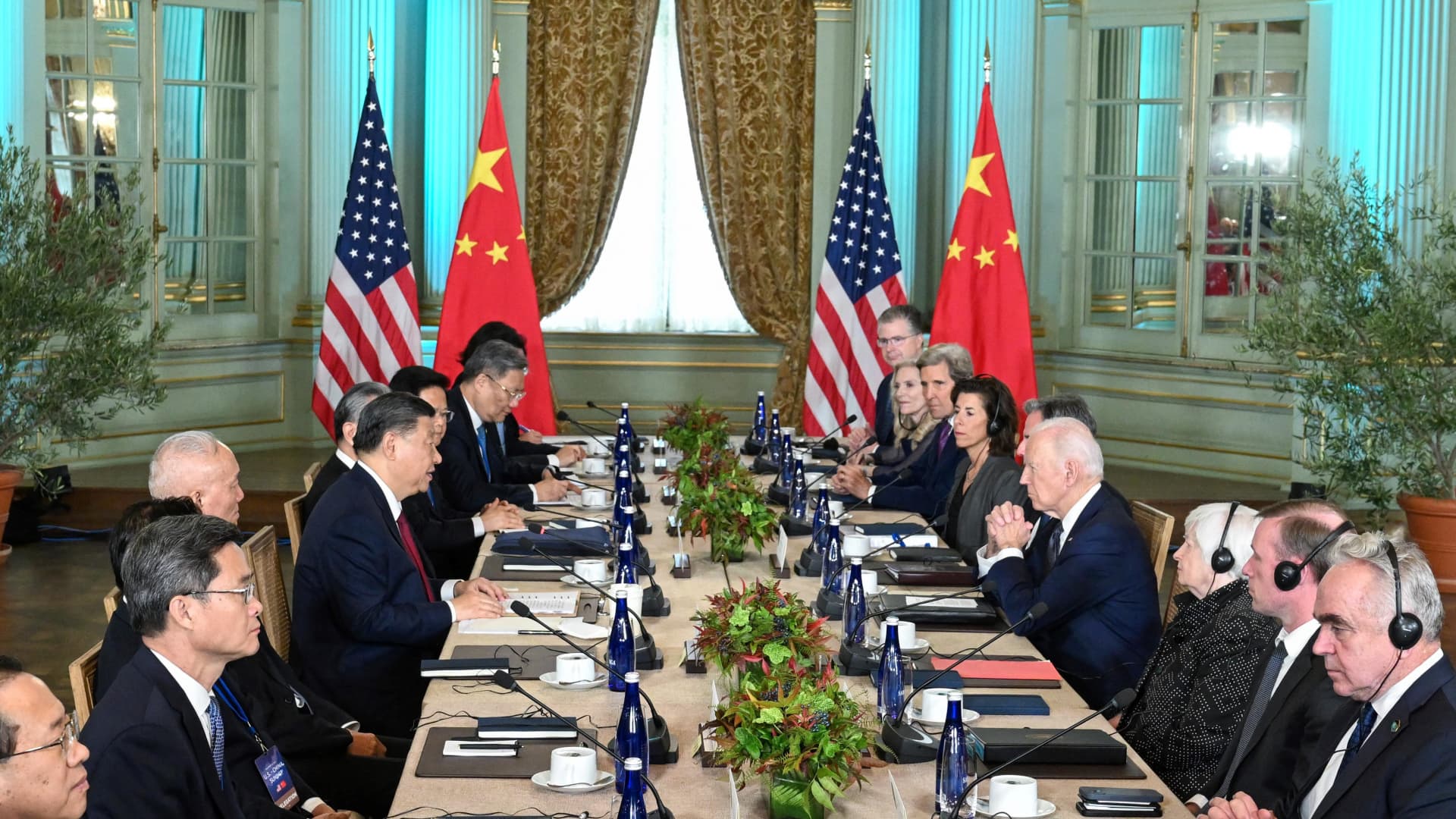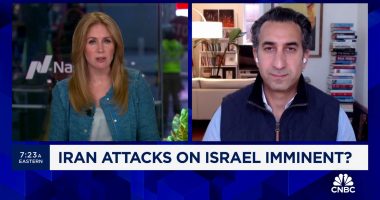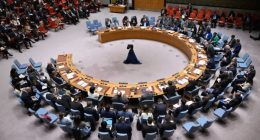
Chinese President Xi Jinping meets with U.S. President Joe Biden at Filoli Estate in the U.S. state of California, Nov. 15, 2023.
Li Xueren | Xinhua News Agency | Getty Images
Beijing sent dozens of military aircraft and naval ships toward Taiwan on Friday, the same day of a low-profile meeting between U.S. national security adviser Jake Sullivan and Chinese Foreign Minister Wang Yi aimed at stabilizing U.S.-China relations.
From 6 a.m. Friday to 6 a.m. Saturday local time, China sent 33 military aircraft and six naval vessels toward Taiwan, according to Taiwan’s Defense Ministry. Thirteen of the planes crossed over the Taiwan Strait.
The intensified military pressure comes as the U.S. and China are attempting to steer relations back on track after an icy couple of years. For example, at their meeting, Sullivan and Wang confirmed the plan to launch a collaborative U.S.-China “Counternarcotics Working Group” on Tuesday to address the fentanyl crisis.
“Mr. Sullivan underscored during the meeting that the United States and the PRC are in competition but the United States does not seek conflict or confrontation, and there are areas of cooperation in the relationship,” a senior administration official said Saturday.
But China’s military moves over the past 24 hours could complicate hopes for cooperation.
China’s approach to Taiwan, which it considers its territory, is a sensitive sticking point in its precarious relationship with the U.S., which believes in Taiwan keeping its self-governing status. The contentious issue comes up at nearly every U.S.-China meeting, including the high-profile talks between President Joe Biden and Chinese President Xi Jinping in November.
During their two-day meeting in Bangkok on Thursday and Friday, Sullivan and Wang talked about reopening military-to-military communications, curbing the flow of fentanyl and mitigating the risks of artificial intelligence.
Sullivan also reiterated the U.S. stance on maintaining the status quo of Taiwan’s sovereignty. But China has repeatedly rebuffed the U.S. position and has been vocal about its intention to “reunify” Taiwan with the mainland.
China’s military pressure on Taiwan comes during what senior administration officials have called “a period of higher tension.”
Taiwan voters recently elected Democratic Progressive Party candidate Lai Ching-te to be their next president. Lai was China’s least favorite candidate due to his support of maintaining Taiwan’s status quo.
Ahead of that election, the U.S. prepared for a range of responses from China.
“Anytime we’re heading into a period of higher tension, there are of course always contingency conversations in the U.S. government,” a senior administration official said at the time.
“I don’t want to get into specifics on those, but of course, we have to be prepared and thinking through any eventuality … ranging from no response to the higher end.”
Read More: World News | Entertainment News | Celeb News
CNBC










